Description
White pepper is a type of spice made from the dried seed of the pepper plant, Piper nigrum. Here’s some information about white pepper:
- Source: White pepper is derived from the same plant as black pepper. The difference lies in the processing method. White pepper is made from fully ripe peppercorns that are soaked in water to remove the outer skin. The seeds are then dried, resulting in white-colored peppercorns.
- Appearance: White pepper is characterized by its light cream to off-white color, which is a result of the removal of the outer black skin. The peppercorns are smaller than black peppercorns and have a smooth surface.
- Flavor and Aroma: White pepper has a milder flavor compared to black pepper. It lacks the strong, pungent aroma of black pepper and has a more subtle, earthy flavor with floral and fruity notes. White pepper is often described as having a slightly fermented or musty aroma.
- Culinary Uses: White pepper is commonly used as a seasoning in various cuisines around the world. It is particularly popular in dishes where a more subtle pepper flavor is desired, as its mild taste allows other ingredients to shine. White pepper is often used in light-colored dishes such as white sauces, cream soups, mashed potatoes, and seafood preparations to avoid dark specks of black pepper.
- Grinding and Storage: White pepper is available in both whole peppercorn and ground forms. Whole white peppercorns can be ground using a pepper mill or mortar and pestle to release their flavor. Ground white pepper should be stored in an airtight container in a cool, dark place to preserve its freshness and flavor.
- Health Benefits: Like black pepper, white pepper contains piperine, a compound that has antioxidant and anti-inflammatory properties. It may aid digestion, improve nutrient absorption, and promote overall gut health. However, white pepper is generally milder than black pepper and may be better tolerated by individuals with sensitive stomachs.
- Substitution: White pepper can be used as a substitute for black pepper in recipes where color is a concern, or a milder pepper flavor is desired. Conversely, black pepper can be used as a substitute for white pepper if its stronger flavor is preferred

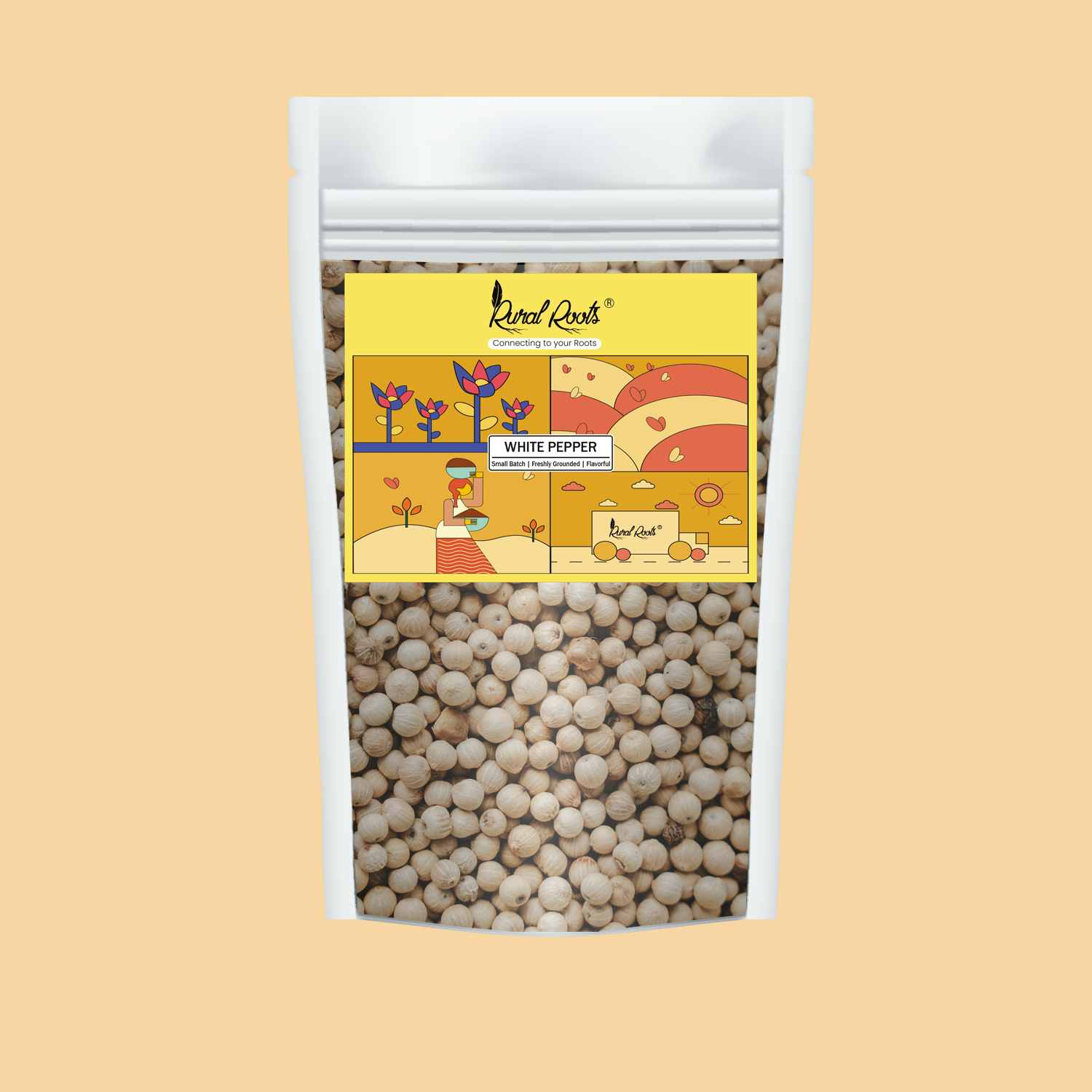
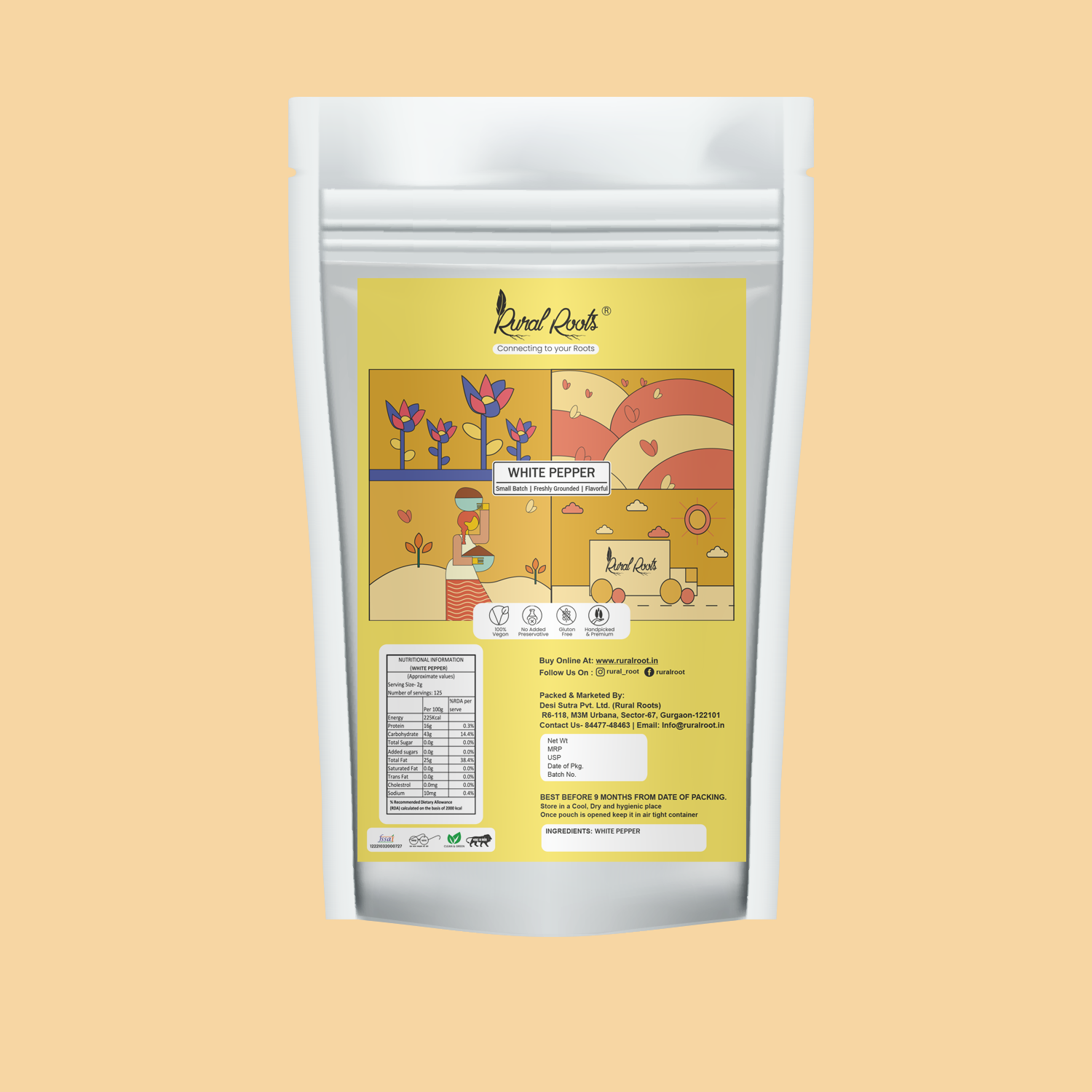

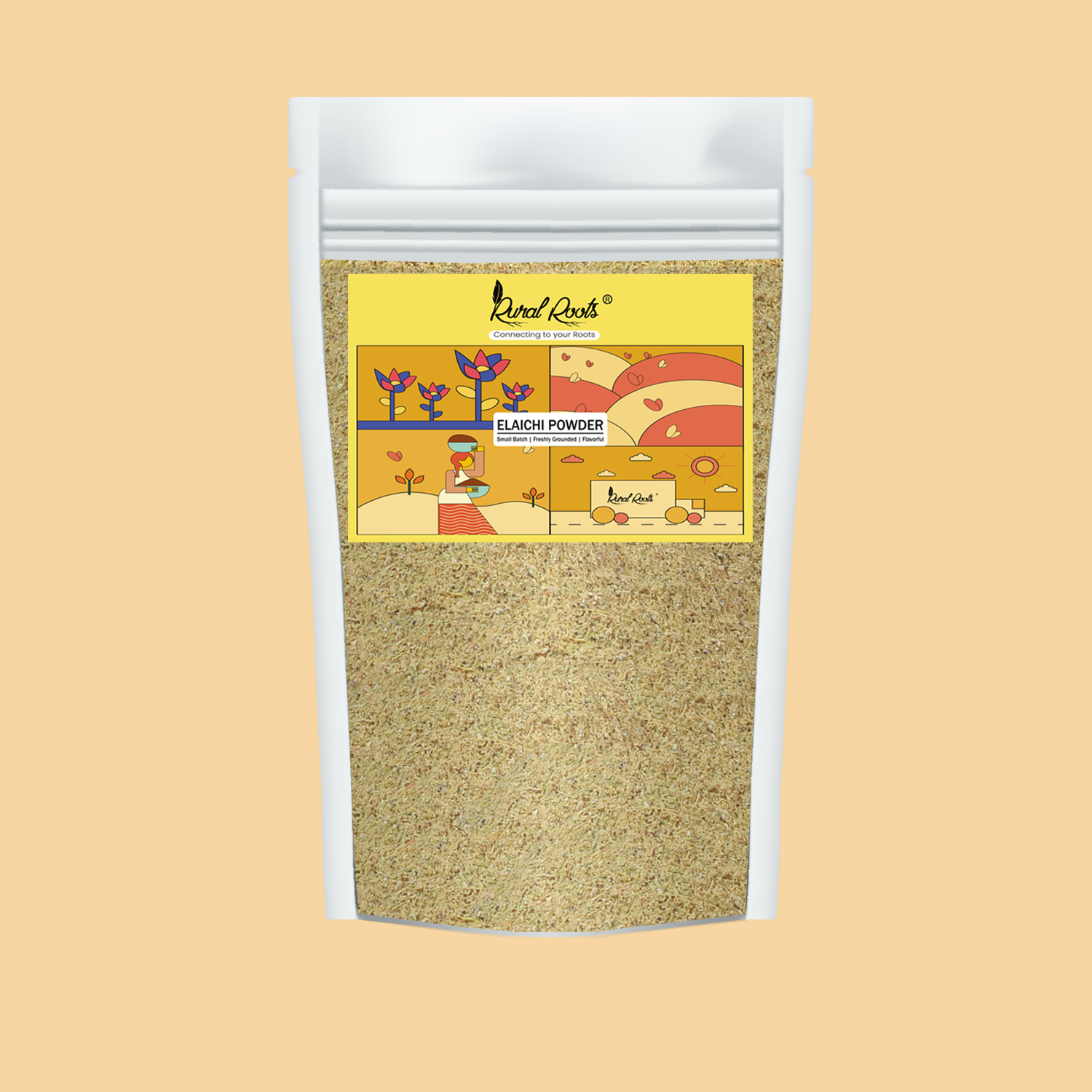
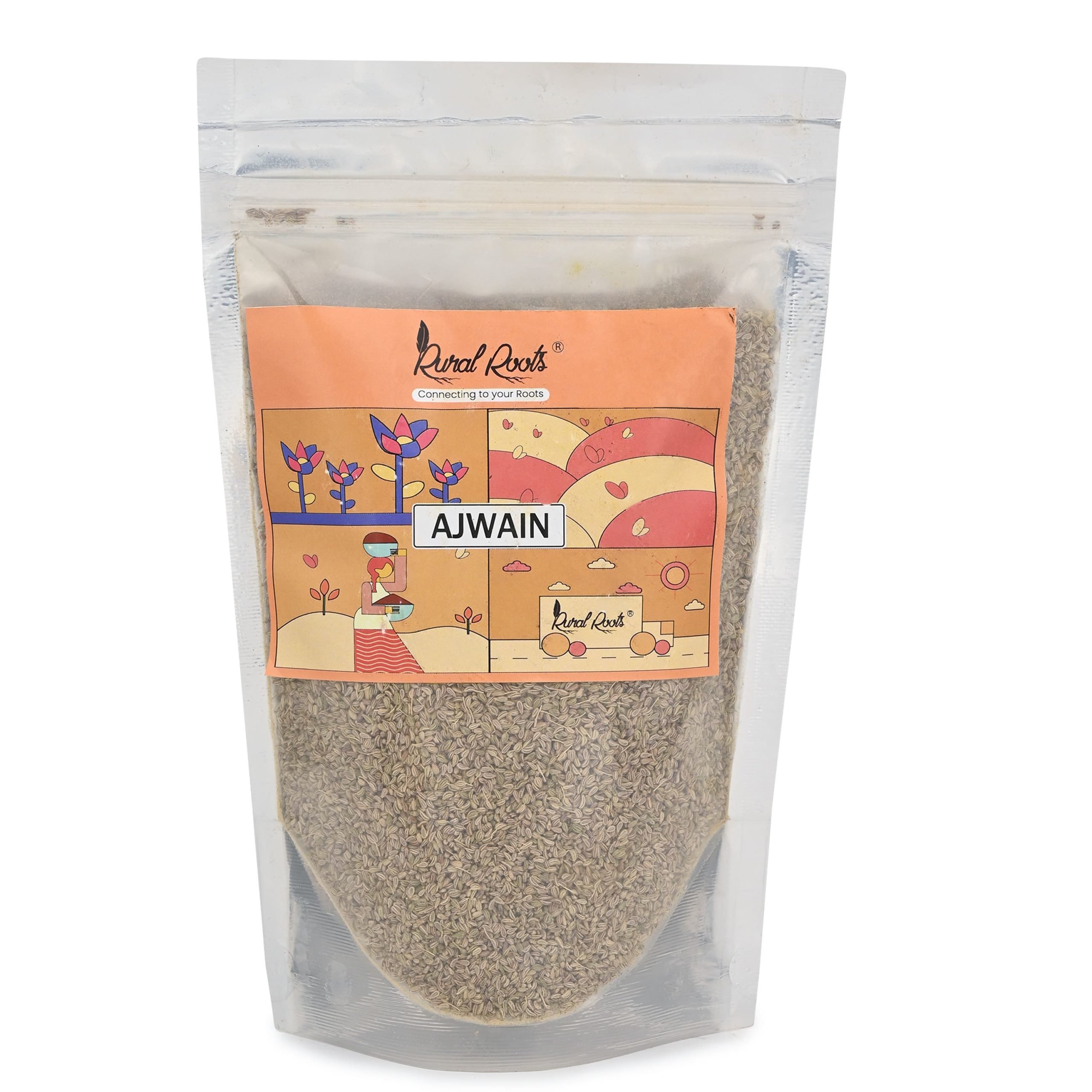
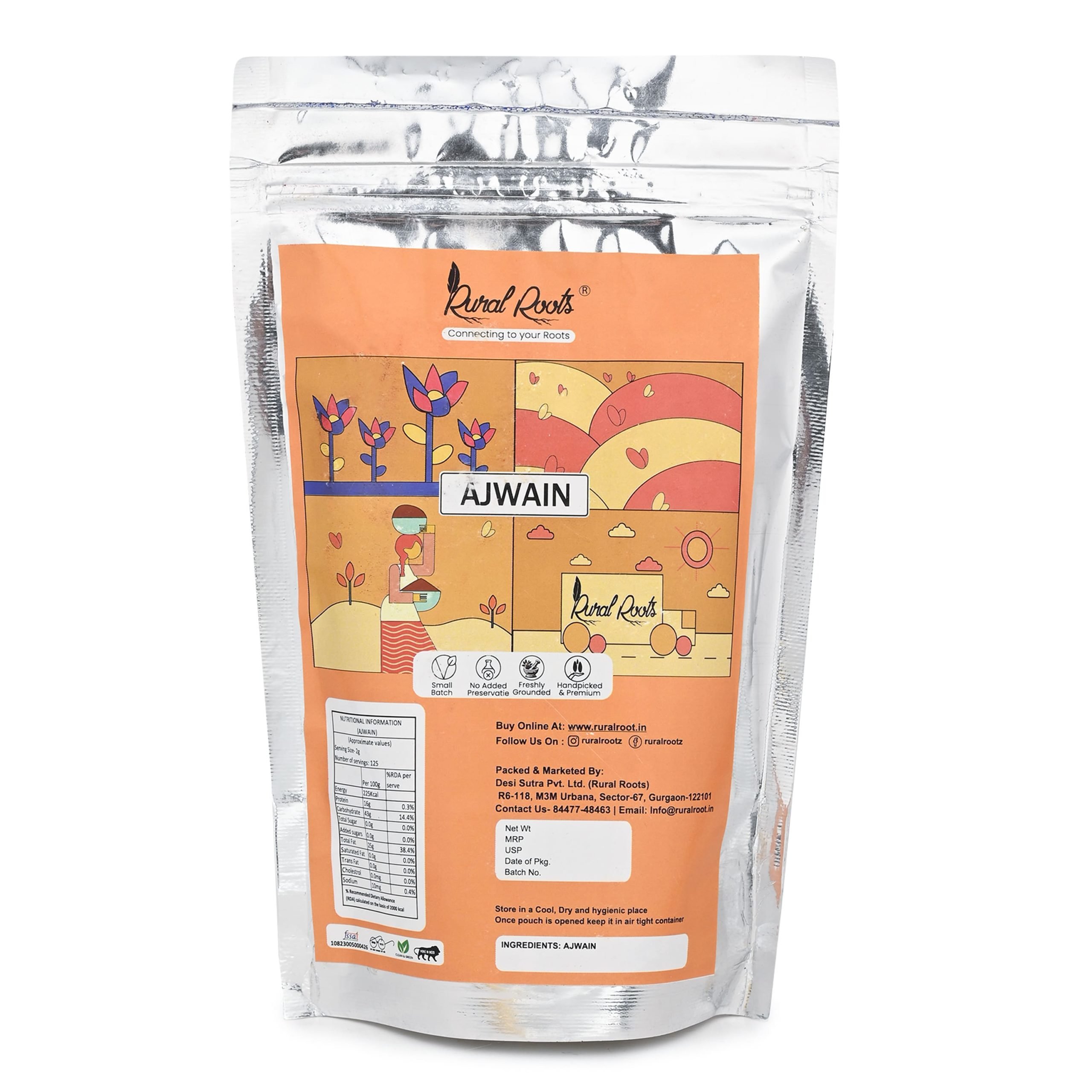
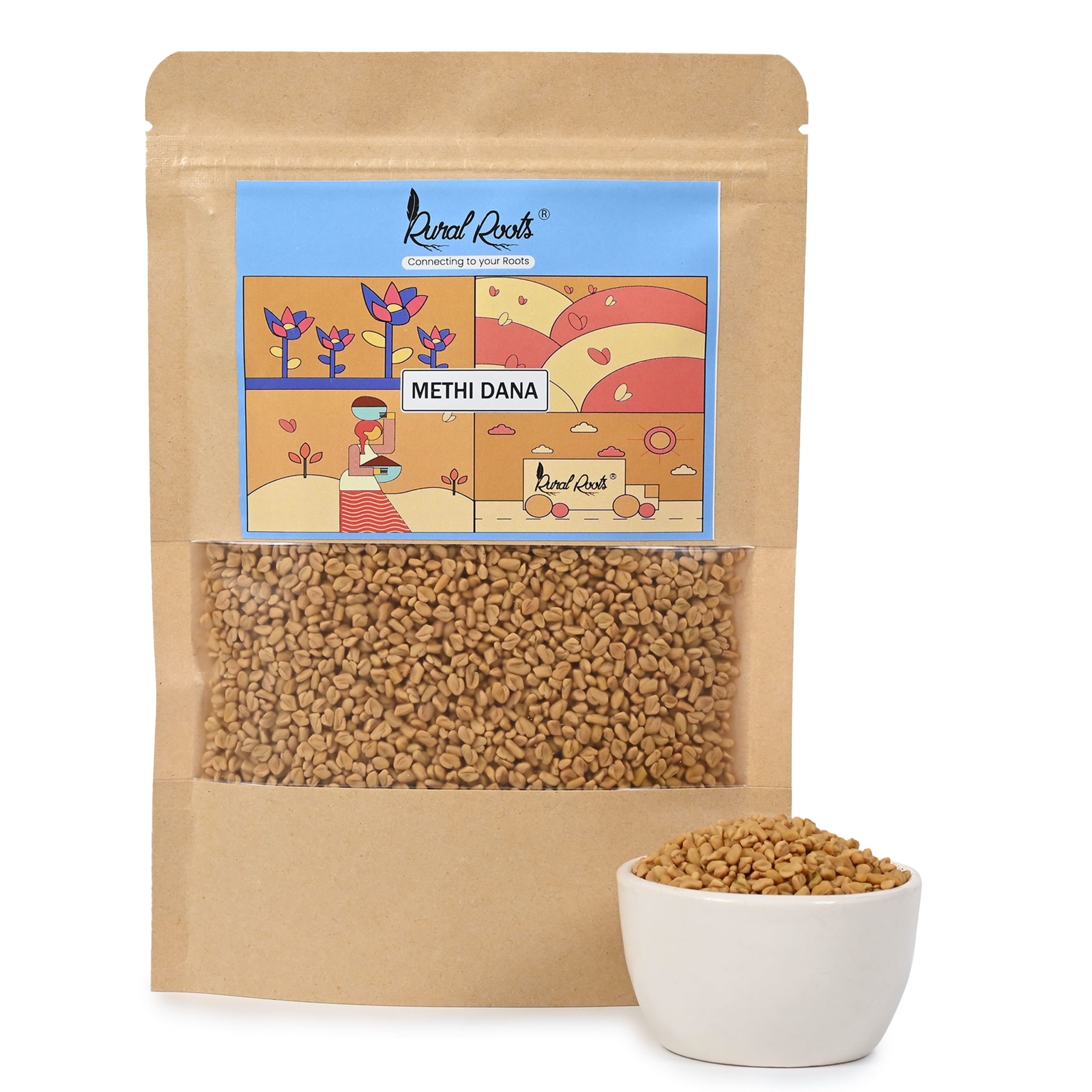
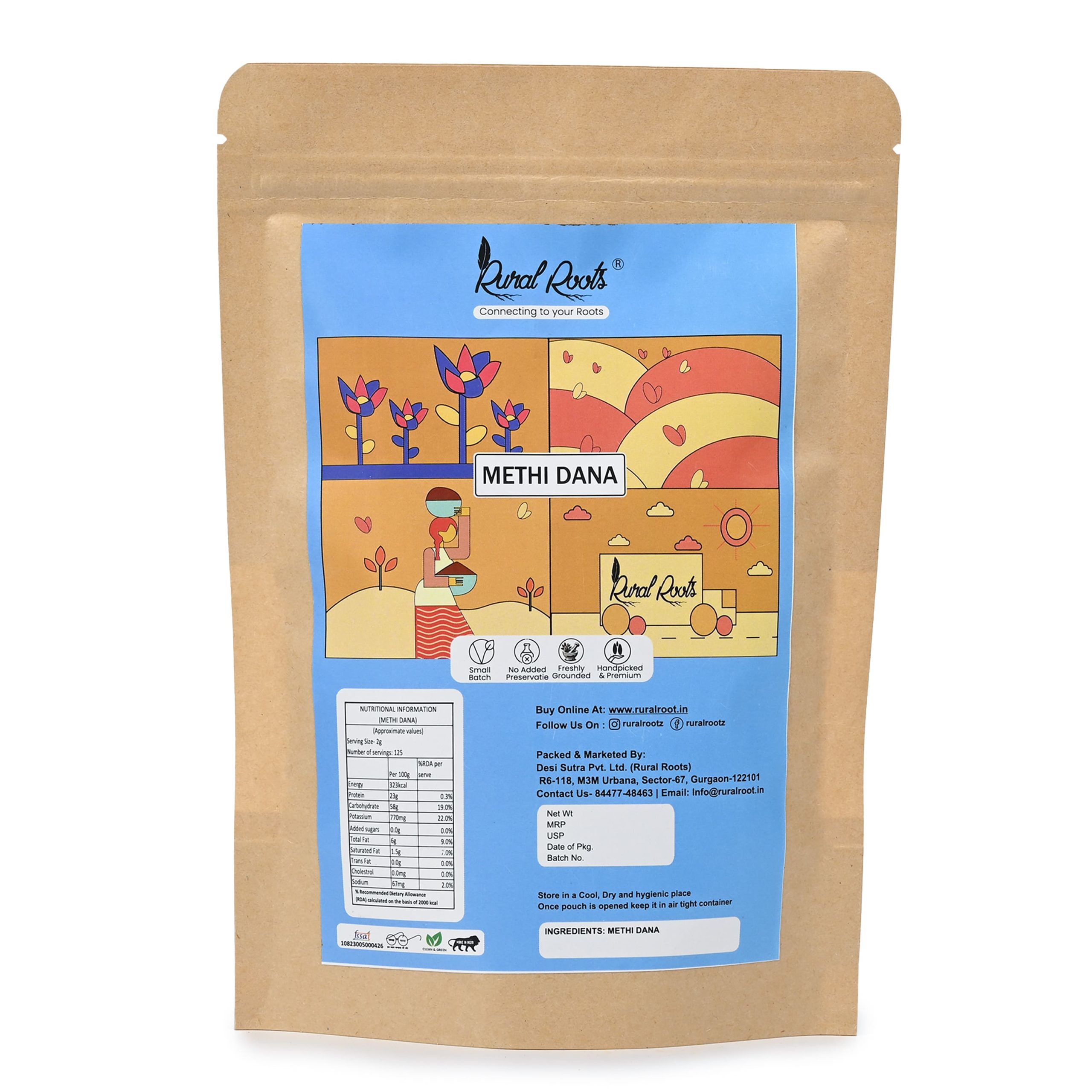
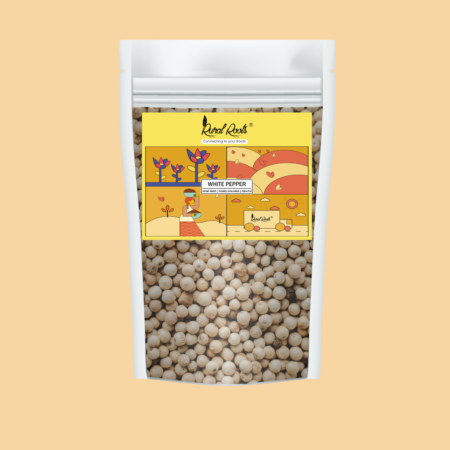

Reviews
There are no reviews yet.